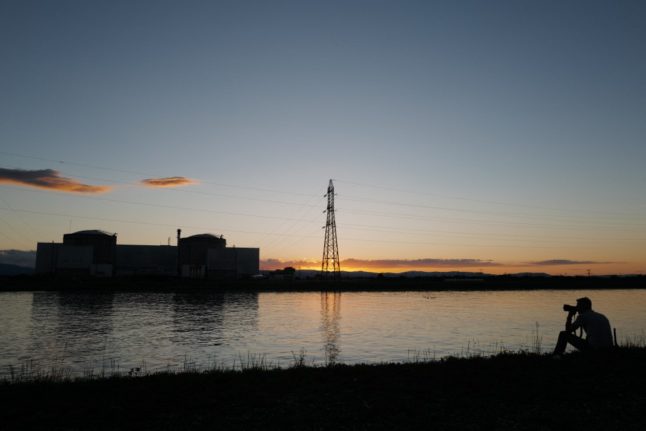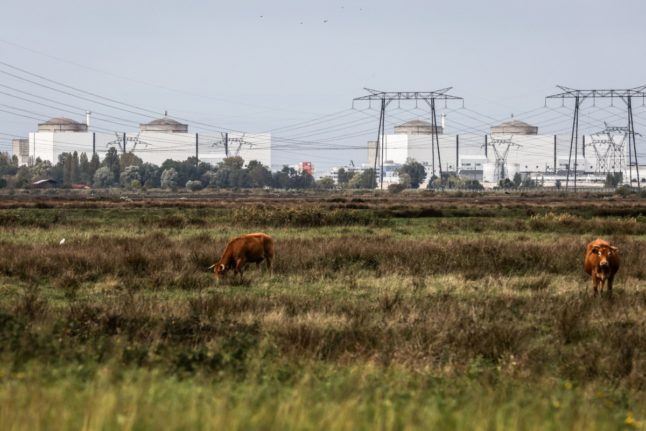French state energy firm EDF said on Saturday it was postponing plans to bring five halted nuclear reactors back on stream, potentially putting more upward pressure on energy prices as winter
approaches.
France generates some 70 percent of its electricity from 56 nuclear reactors but 30 are currently offline, either for routine maintenance or because of corrosion in some emergency cooling systems.
Workers are striking at several nuclear plants where reactors have been shut down for maintenance.
The industrial action is part of a wider pay dispute in the French energy sector, where a strike by refinery workers has led to fuel shortages for motorists.
EDF is due to hold initial talks with unions on Tuesday.
While the strikes at EDF will have no impact on the general public for now, they could affect the timetable for bringing some reactors back on stream, Claude Martin, a representative for the FNME-CGT union, told AFP on Friday.
He said the halts in maintenance work, plus go-slows by workers that have reduced power output at functioning reactors, would primarily effect EDF’s finances.
The heavily-indebted company, which is being fully renationalised by the government, said in September that a drop in electricity generation due to problems with its reactors would sap its operating profit by €29 billion ($29 billion) in 2022, worse than previously forecast.
“I can confirm there is industrial action,” an EDF spokeswoman told AFP on Saturday. “It might have an impact on the timetable for restarting generation at some plants … It might also lead to a temporary drop in power output at certain reactors that are currently functioning,” she said.
Delays in restarting the reactors in question could last between one day and nearly three weeks.
Faced with concerns over winter energy shortages, President Emmanuel Macron vowed on Wednesday to get all but 11 of the country’s nuclear reactors back up and running by January 2023.
Problems with energy supply due to the state of the nuclear fleet have been compounded by prolonged drought, which has drained dams and reduced the country’s ability to generate electricity from hydropower.
Power grid operator RTE said in September it hoped pressure on the network could be reduced by “widespread efforts” to save energy.



 Please whitelist us to continue reading.
Please whitelist us to continue reading.
Member comments